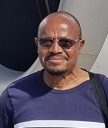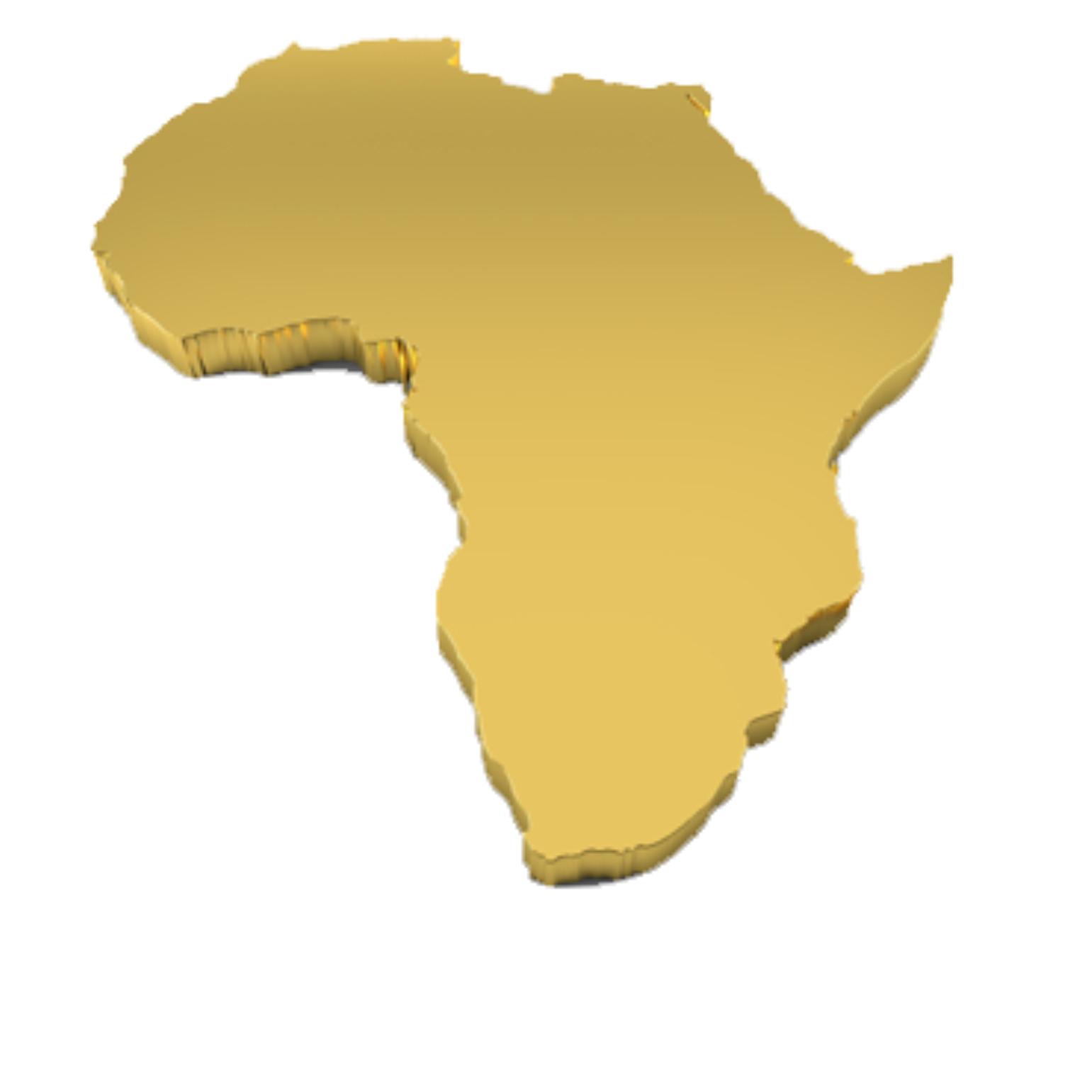
By Prof Hannington Mubaiwa
When Reverend Walter extended his hand of offer to me of writing a foreword to this book, I was both surprised and felt a sense of great honor, that amongst all the eminent authors and high-level friends he found it fit to have such confidence.
Readability
First of all, I want to talk about the readability of Reverend Mwambazi’s literal piece. It has a smooth flow of language that engages you right from the beginning. One gets the feel of the personality of someone that has one of the greatest gifts of communication that is extended in the context of this book.
Some time ago I wanted to study air conditioning and I went to the library and got forty books. In the end was left with only about eight books. Why; might you say? It has to do with readability. This book reads with a flow of both the language and the art of a great communicator, right from a deep well of knowledge. I found it very exciting and the evidence a profound knowledge of the subject is much apparent. I can say with confidence that you will find this book both engaging and as a piece of knowledge that I believe will set the stage for how the second renaissance will align the five elements of successful leadership in the development of our systems.
Why the book was written
The book really sounds like a preface to my book The Riot Act, the African Master Reset which is a transformational manual for national socio-economic advancement of the African people. While my focus was on the actual science of process and transformation, I find this book deals with the causes of the stagnant state of the African continent. The Reverend obviously has done a very good job of detailed research to help in the search and the actualization of detailing the cause of our state so that planners and the children of Africa can see a way forward in planning for African transformation.
A key element that I would like to focus on; is this idea of the “second renaissance” of the Africa. We must understand what it is and what it will do to empower the African. I would like us to say that this word ‘renaissance’ has a deeper meaning and an active essence in the engagement of the African to build the destiny and the future of the coming generations.
When I asked him why he wrote the book, this is what he had to say; well detailed as you read the book.
“My true goal for authoring this book is to contribute toward Africa’s “Second Renaissance,”
“‘I believe the Second African Renaissance is upon us, but it will take a collective awakening of the giant’s individual components – its people. –My purpose for writing this particular book is to add my voice and help ignite any smoldering rubble of broken dreams and disillusionment back to a blazing flame. It is this author’s opinion that Africa has everything it needs to become the economic engine of the entire world and can and will surpass both the West and the East should its citizens awaken to their true potential.’”
It is fast becoming common that each society is driven into the future by the ability to reach out to the inherent organic view of the future of that society. In other words, the power to advance into the future and higher States and quality of life of a people is inbuilt within the commonality of the individuals of that society. When a society goes through a colonial process such as that which has impeded the Africans from developing their nations from their own thinking, planning, ability and capacity is inhibited because the inherent culture it’s been interfered with, the seed of change is dried up. When you kill a culture, you destroy that tip which carries the gene of emergence that is inbuilt within its society to create a unique approach to advance into the future and empower the people with a higher quality of life.
It is therefore imperative that a nation goes back to where the kink into independent planning of Africa is so that the people of Africa can be enabled to drive their own future and build a progressive destiny for generations to come. Renaissance then is a critical coming back of Africa to a psychological mindset rebuilding a new paradigm of seeing the true future picture and the inevitability of the success of the African continent. It is critical then for a people to come back to themselves. As I mentioned before that is a science becoming clearer in the social sciences.
The idea that the Reverend recognizes the African people have reached the critical mass of the realization of their true identity and the African transformation is testament to the depth of knowledge of what this means to the natural empowerment of the African.
Here are a few examples of why coming back ourselves is an essence of both healing and the rise of a people. It is not my intention to translate the meaning of the content of this book but to highlight the importance of the subject matter of why renaissance is the essence to the power of a new Africa.

Duan Elgin, in his book, ‘the Living Universe’ says, “cultivating a reflective consciousness is a basic skill in all of the world’s spiritual traditions as well as in psychotherapy. All understand that the first step to awakening and healing is to simply see ‘what is.’ In other words, we begin by becoming an objective witness or impartial observer of our lives and telling ourselves the truth about our situation. Honest reflection and nonjudgmental witnessing are fundamental to both individual and collective awakening. In paying attention to our lives in the mirror of consciousness we gradually make friends with our soul nature and come to greater self-possession. The capacity for honest self-reflection provides a way to cut through the surface chatter of our lives and discover the deeper voice of our soul. A reflective consciousness will bring a new tenor and fill into the world”
Doctor Claire Graves, in his discovery, that he called the “Levels of human existence,” says that,

”—what I am proposing is that the psychology of the mature human being is an unfolding emergent oscillating spiral process marked by progressive subordination of lower order systems to newer higher order systems as an individual’s existential problems change. (translation-the human advances in overlapping steps into a higher standard or new paradigm.) He put this in another way; each successive stage, wave, or level of existence is a state through which people pass on their way to other states of being.
When the human is centralized in one state of existence, (like African of underdevelopment) he or she has psychology, which is particular to that stage. He’s or her feelings, motivations, ethics and values, biochemistry, degree of neurological activation, learning system, belief systems, — conception of and preference for management, education, economics, and political theory and practice are all appropriate to the state.”
This means then that every society was created to continuously rise in their standard of living and development. As the above quote reveals, a person’s psychology is the container of all the inner constructs of perception into a new level of existence. Doesn’t this explain the stagnancy of the African in the process to advance the transformation of Africa. The circulation and concentration of knowledge- content that creates a mindset is something moves and matures such that the society is ready to advance into a new state of socio-economic development. We can then say that the rise of the standard of living of a society is a result of the psychology that is in the mind of the leadership. of that nation. When the emergence of a new psychology is tampered with, then that society stays underdeveloped.
The worst “human right” perpetrated on the African society by western colonialism is the destruction of the natural “gene of emergence “ of the African to continually advance as a society. In other words when you interfere with the culture of a people you kill the ability of that society to develop new psychologies of higher states of living.
Renaissance, therefore, is not just a nice sounding word, but the embodiment of the process of the “rejuvenation of a people!” This is why it is the key to the transformation of the African. It affects he’s worldview of governance, appropriate institutionalization, culture and the perception of the value and the power of “the Spirit” as a living means that is participatory to our emergence as a people. If a religion is not anchored in the manifestation of the spirit, it interferes with the rise of a people. The time is at hand, “we have awoken, as one said, we will not sleep anymore.”
The Reverend recognizes the power of “renaissance” when he says:

“Hasn’t it struck you as absolutely odd how a continent endowed with such wealth in terms of both ground resource as well as human resource, unbelievably great weather and wonderful soil can have such unbelievably high levels of poverty? –
Only an African renaissance has the power to “ignite any smoldering rubble of broken dreams and disillusionment back to a blazing flame,” as he writes.
It is the awakening and the emergence of a new breed of leadership who have the uninhibited ability to create new psychologies supported by the pregnancy of new knowledge which can open Africa to rehabilitate to redeem itself. The is what the reverend means when he says that”
“I believe the Second African Renaissance is upon us, but it will take a collective awakening of the giant’s individual components – its people.”
The current young generation then; is a breed that has not experienced the inhibitive force of a cultural “death “, the sickness which the leadership of today suffered from and thus blind to the knowledge of their predicament, driving the continent into a state of perennial destitution for decades leaving Africa underdeveloped.
Reverend Mwambazi fully understands the power of renaissance as the key to the revitalization of the African to emerge into higher states under the leadership of this youth generation. It is the consciousness into the true identity of who we are that is the inherent answer to our problems, regardless of history and “the” syndrome which numbed the African mind for decades.
“What makes this worse for someone like me is the fact that 58 years later, Africa still grapples with so many challenges that make you wonder why it has taken us so long as a people to be emancipated in every way. In 1963, on 1st May, leaders from all across free and colonized Africa gathered in Addis Ababa with a dream of seeing the African continent become one giant regional power. There was a dream to see Africa become a “United States” and share all things in common so that as one people, we could develop the required muscle to take our place at the proverbial table.”
The Reverend truly understands that all the five challenges we face today will align themselves this time,” for the second renaissance is here”
The message in this book seems to say , Africa can lay out a new agenda, under African conditions. The Reverend articulates this with a clean quality of the art of writing such that one will flow through the pages of this book with a magnetic immersion that is not a common occurrence in the art of writing.
I will finish off with the words of Jan Philips, who says in her book, “the Art of original thinking, the making of a thought leader:”
“To be thought leaders in any arena, we need to be free and original thinkers, capable of focusing on how we are thinking as well as what we are thinking.’ She says, one Indian philosopher Sri Aurobindo put it this way, ‘In order to see, you have to stop being in the middle of the picture.’ The picture of the past.
This means that we have to step outside of ourselves, put some distance between ourselves and our thoughts, so we can assess their heritage and test them for authenticity. —this requires a looking inward that both grounds and balances outward actions. When we look within and mine our own experience for feelings that not only match with our message, but are actually the source the message, then the delivery itself carries an integrity of authorship that is convincing, compassionate, and compelling. When we manage to rid ourselves of inherited voices and speak from the heart, our very speaking is a force that can change minds, lives, and the direction of any community to which we belong, –It is awareness, not effort, that dissolves the illusions.”
Africa has been stuck in a plethora of historical illusions, but the order of a “self-organizing, self-conscious entity which looks after humanity is now fully immersed into the work of the rise of the African at last. The Reverend had the intuitive foresight that, “the second renaissance is here”
This book will awaken the generality of the African people who come across it to realize that the power to emerge into a leading people has been with us all along. It’s time to move according to our own knowing which dwells from the inside of every society!
Prof.Hannington Mubaiwa. PhD
President – The Rapid Africa Plan Board
Africa’s Strategic Vision Partners
Rapid Africa Plan (Architect)
Author: The Riot Act, the African Master Reset.
